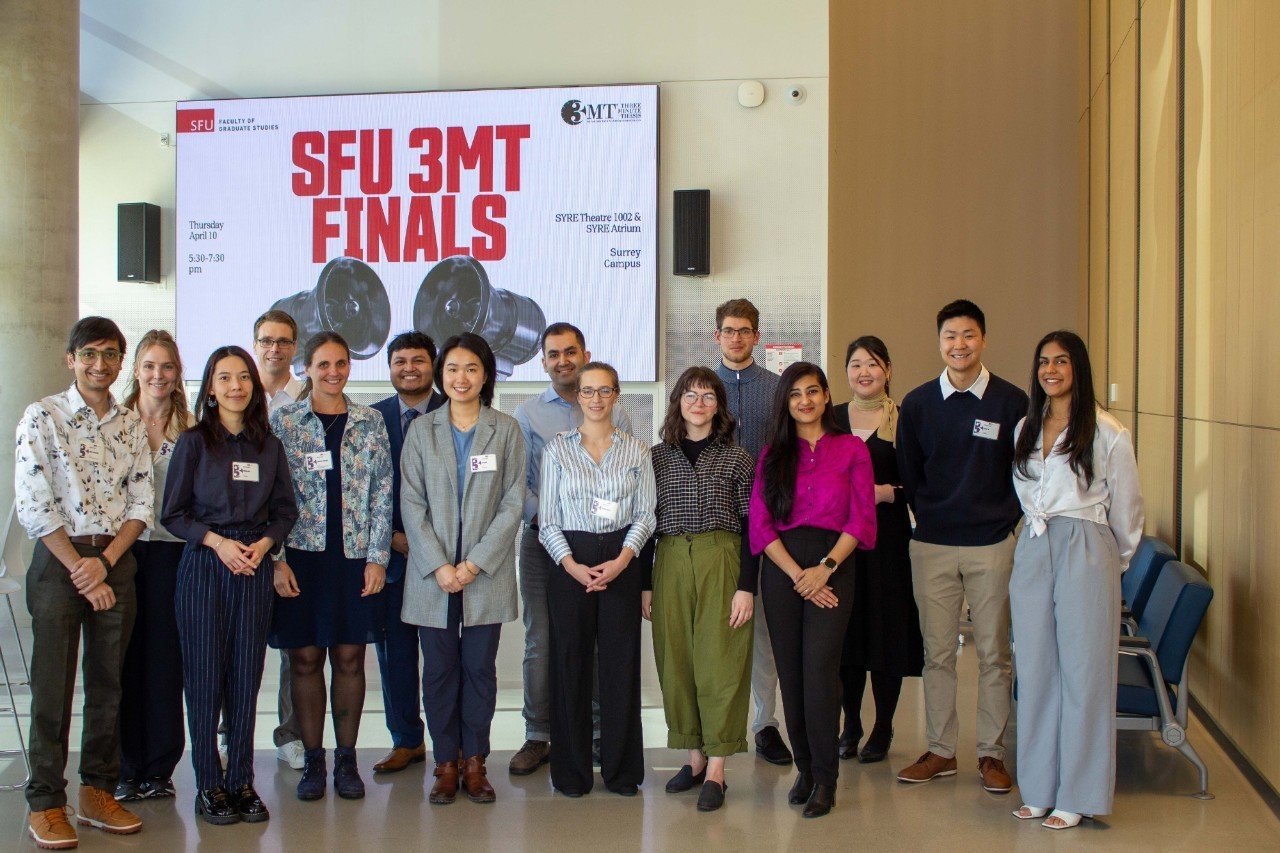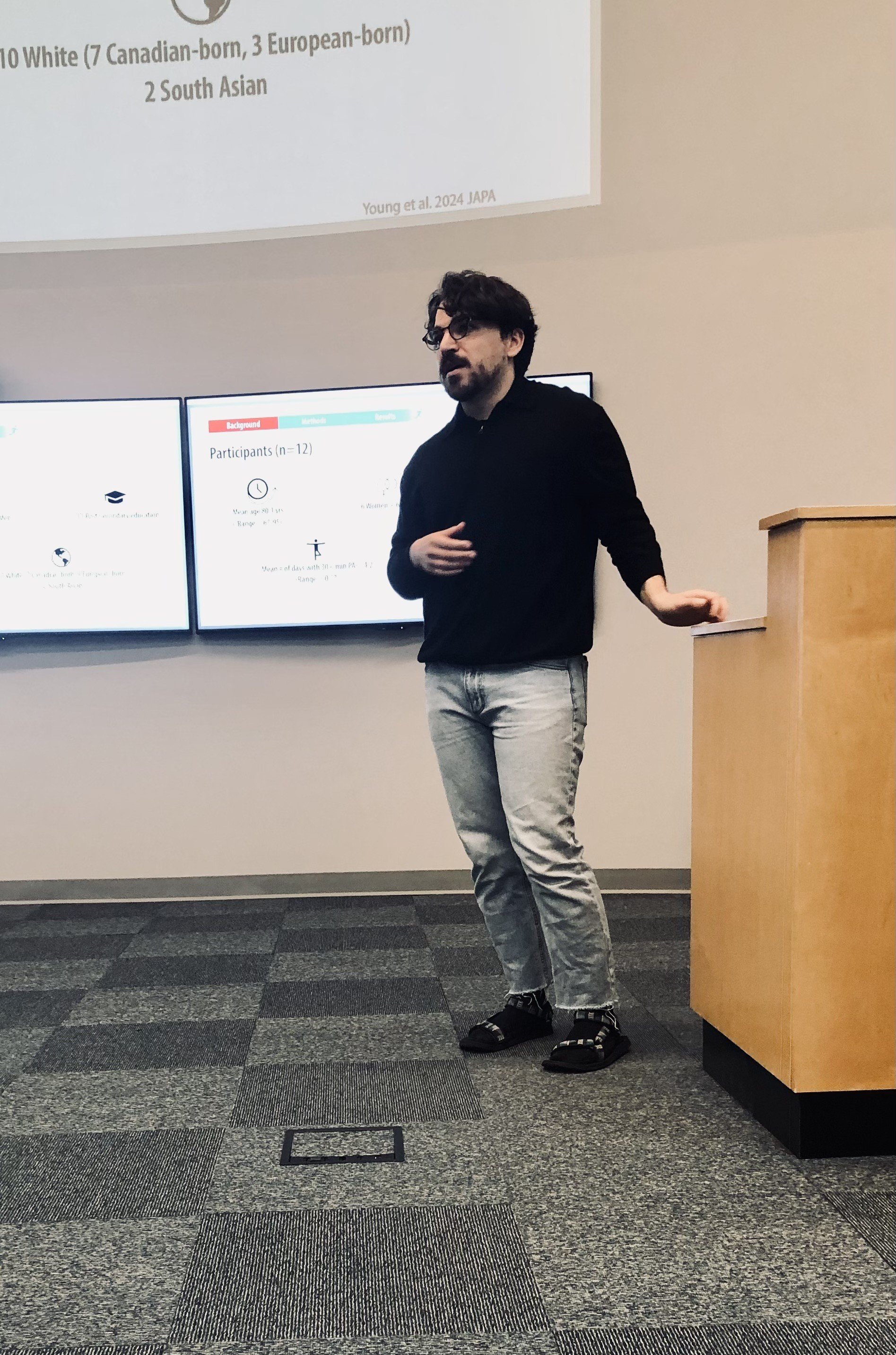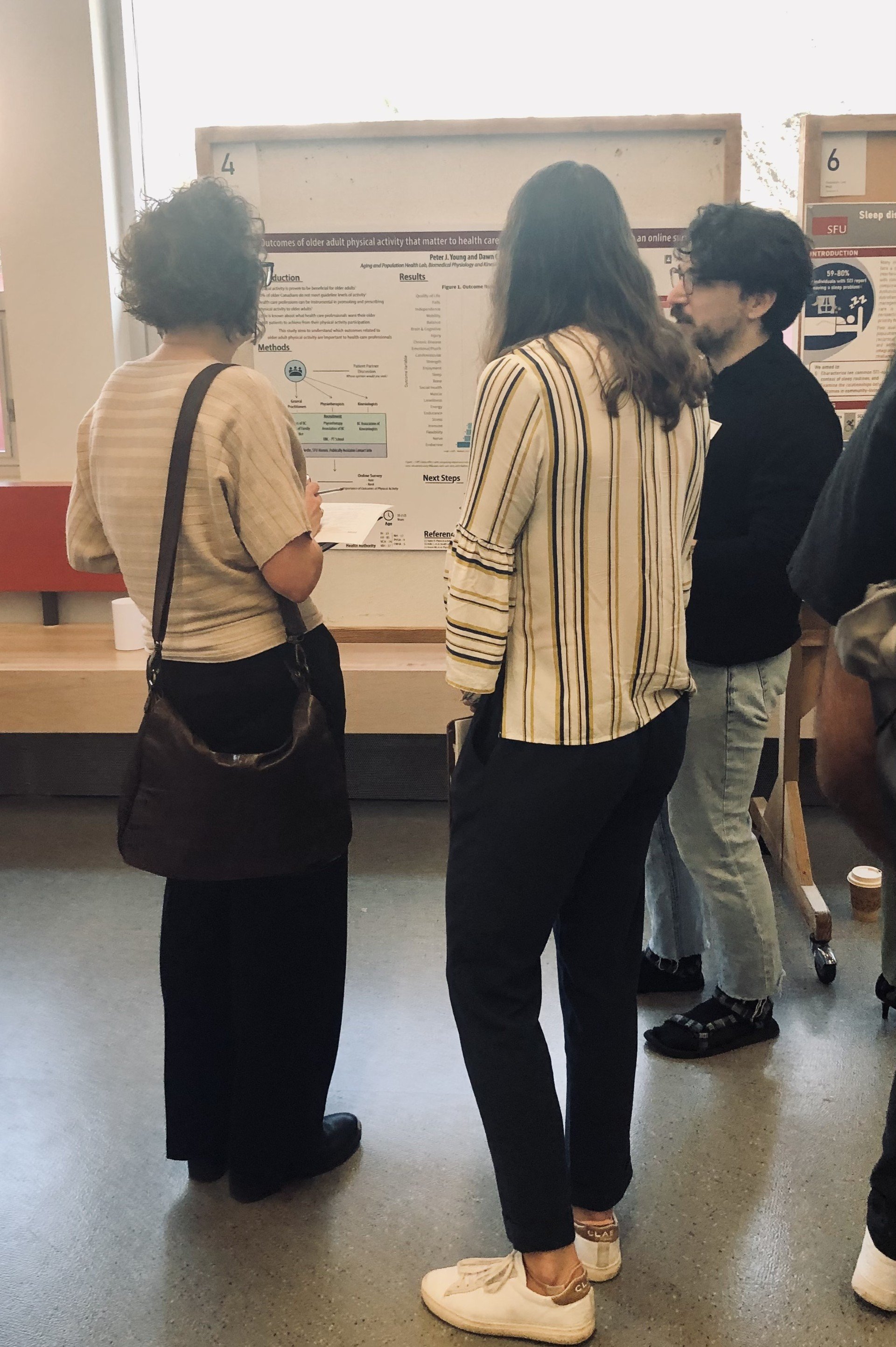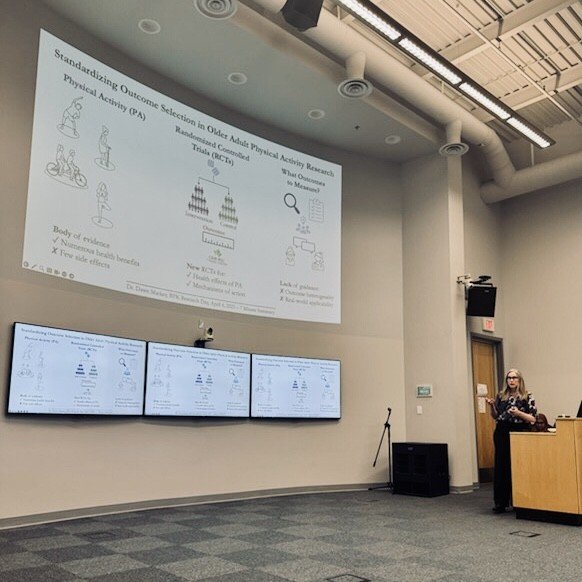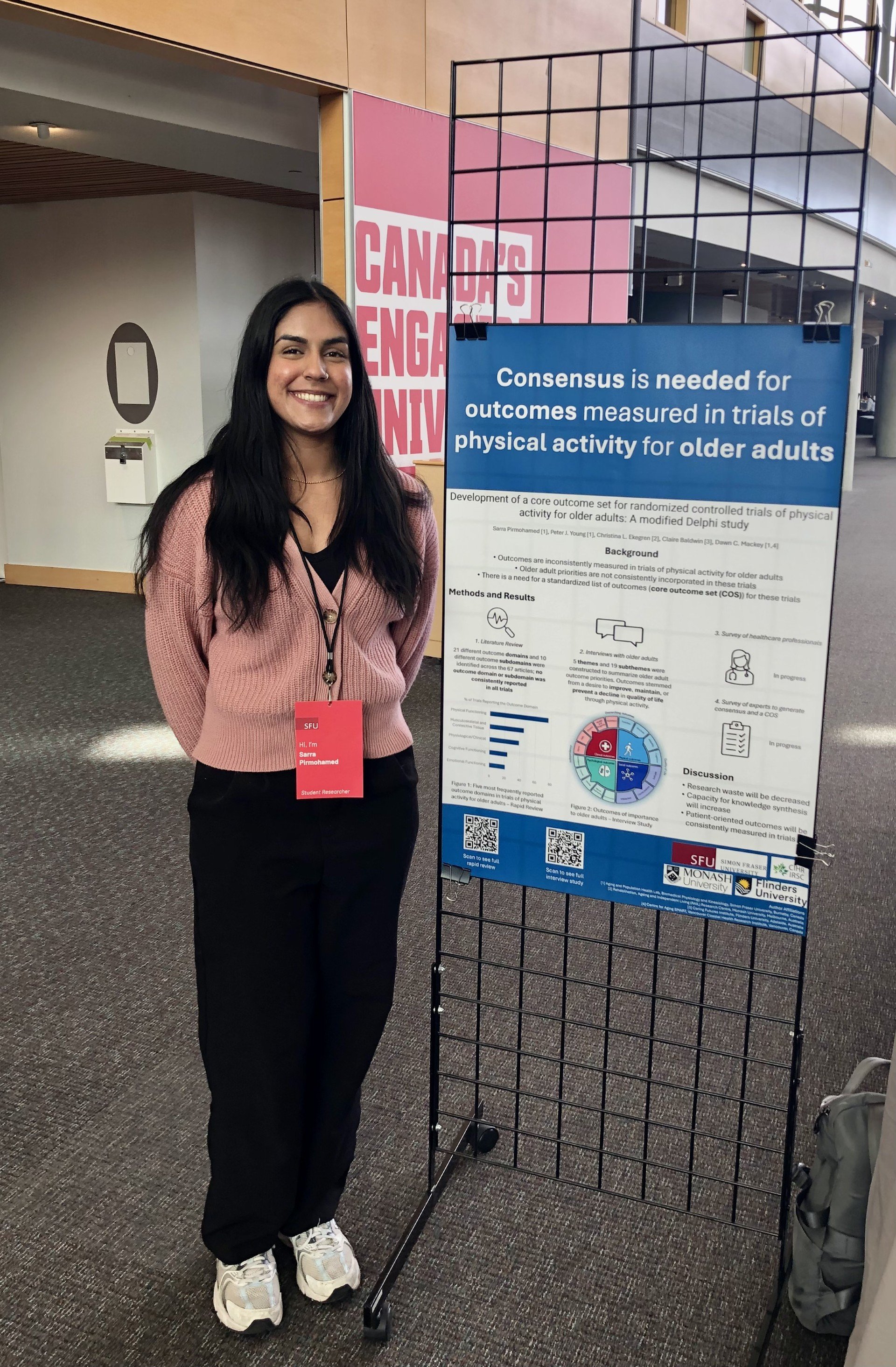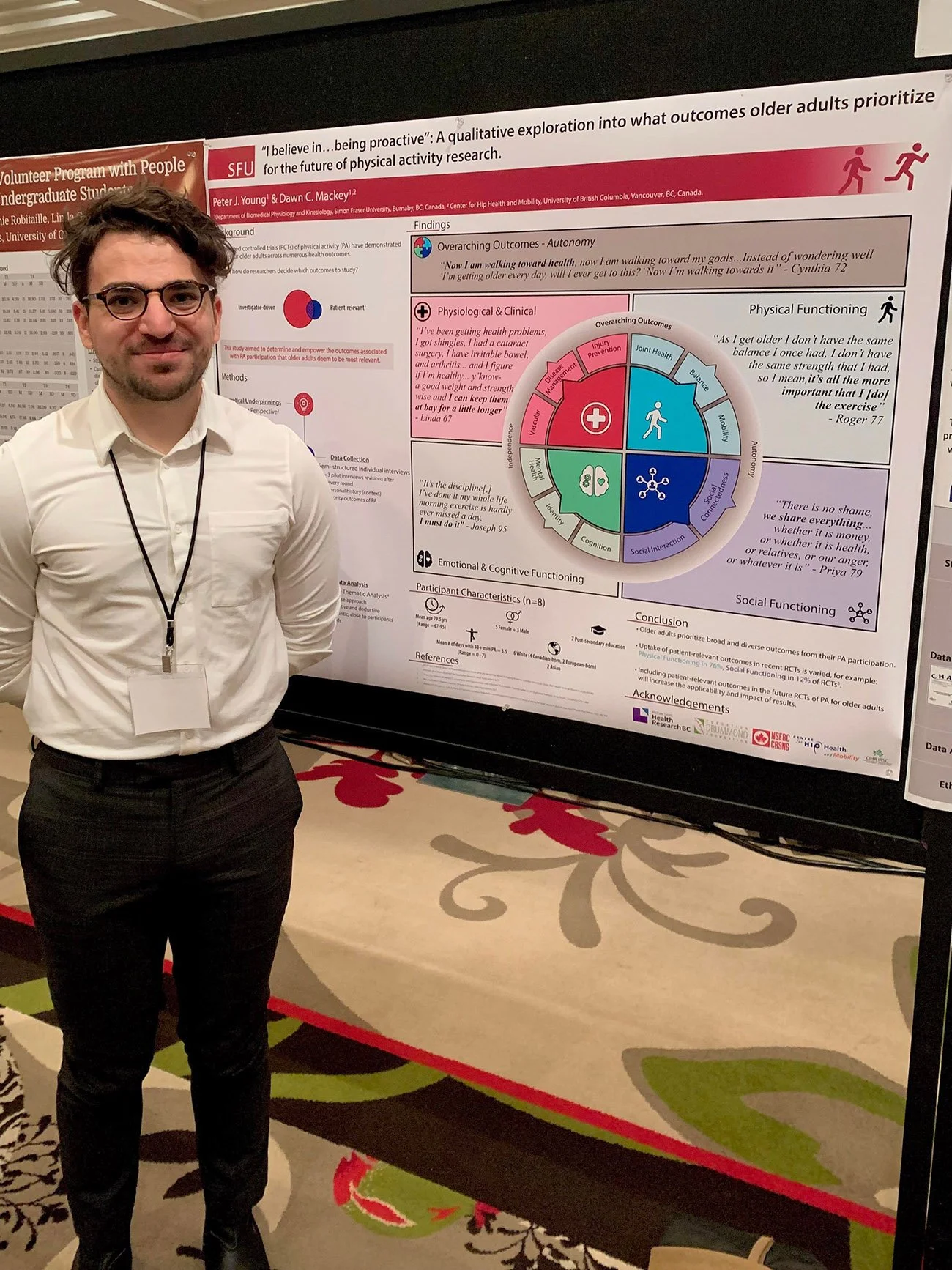Dr. Mackey recently had the pleasure of interviewing Dr. Jen Heemstra for the BPK Dialogue Series. Dr. Heemstra is a Professor of Chemistry at Emory University, and she is passionate and informed about academic mentorship and leadership.
Whether you’re considering pursuing a career in research, or simply dipping your toes in the field, Dr. Heemstra had some great advice for trainees.
“You just need to experiment and find what works for you” - Dr. Heemstra
Research teams are always on the search for individuals with bold goals and the desire to grow. The ability to accept feedback is a universally sought-after trait, and paired with strong, healthy work habits, will make you a competitive candidate in any field.
“Help me help you” - Dr. Heemstra
Failures are bound to happen, and the field of research is no stranger to this rule. A healthy relationship with your team and mentor(s) will help facilitate healthy ways of coping when things inevitably go awry. As Dr. Heemstra neatly put it, ”when someone fails or makes a big mistake, they are already at an incredibly low point (...) our job [as mentors] at that moment is to reward failure.”
“Every time you have a new way to fail” - Dr. Heemstra
The ability to persevere through challenges, also known as grit, is often advertised as a desirable trait. The truth is that some challenges (liked failed experiments) are “good” and help us to grow, while others (like non-inclusive cultures) are “bad.” It is a mentor’s job to support mentees to work through these “good” challenges, while helping mitigate the “bad” challenges.
”There’s no such thing as a perfect mentor” - Dr. Heemstra
Dr. Heemstra highlighted that the foundations of research are built on core values of teamwork, inclusion, intellectual curiosity, and the mutual desire for growth and support. She also underlined the crucial role that mentorship plays within the research community for growth and support for both the mentee and mentor.
If you are seeking a challenging and rewarding opportunity that will test your problem solving and reasoning skills on a daily basis, why not consider research?
Follow Dr. Heemstra on Twitter @jenheemstra

